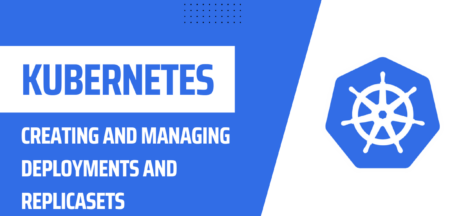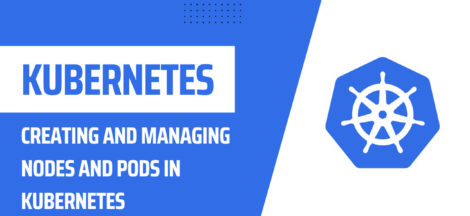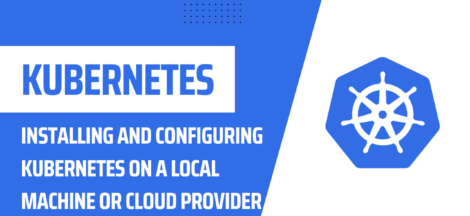Kubernetes is an open-source container orchestration system for automating the deployment, scaling, and management of containerized applications. In this blog post, we will discuss some key concepts and terminologies that are essential to understanding and working with Kubernetes.
- Nodes: A node is a worker machine in Kubernetes and can be either a virtual or a physical machine. Each node runs a container runtime (such as Docker) and kubelet, which is an agent for communicating with the Kubernetes master.
- Pods: A pod is the smallest and simplest unit in the Kubernetes object model. It represents a single instance of a running process in a node. Pods can contain one or more containers, and all containers in a pod share the same network namespace.
- Replication Controllers: A replication controller ensures that a specified number of replicas of a pod are running at any given time. If there are too few replicas, the replication controller creates more; if there are too many, it deletes some.
- Services: A service defines a logical set of pods and a policy by which to access them. Services enable communication between pods and provide load balancing and service discovery.
- Labels: Labels are key-value pairs that are attached to Kubernetes objects (such as pods) and are used to organize and select subsets of objects.
- Volumes: Volumes are used to provide persistent storage for pods. They can be used to store configuration files, logs, or data that needs to be preserved across pod restarts.
- Namespaces: Namespaces are used to create a virtual cluster within a physical cluster. They provide a way to divide resources and access control between multiple users or teams.
- Deployments: A deployment defines the desired state of a set of pods and ensures that the desired state is maintained by creating and updating replicas.
These are some of the key concepts and terminologies that are essential to understanding and working with Kubernetes. Knowing these concepts and terms will help you navigate and work with Kubernetes more effectively.
In addition to these, Kubernetes also provide features such as scaling, self-healing, rolling updates, and load balancing which makes it a powerful platform for managing containerized applications.



